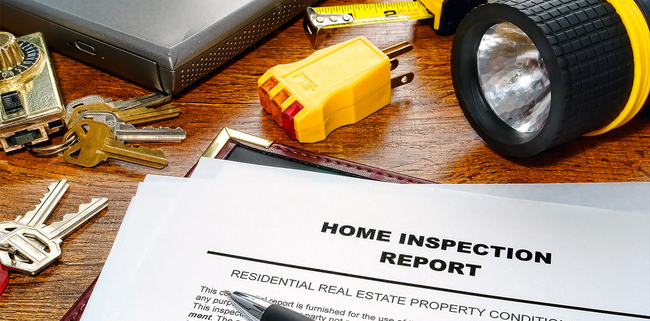What to Look For When Choosing a Home Inspector
Purchasing a home is one of the most significant investments most people will make in their lifetime. To ensure you’re making a well-informed decision, it’s essential to have a thorough home inspection before finalizing the purchase. A skilled home inspector can uncover potential issues that could cost you a lot in the long run. Here’s what to look for when choosing a home inspector to safeguard your investment.
Certifications and Training
First and foremost, the home inspector you choose should have the proper certifications and license. In many regions, home inspectors are required to be licensed, but the qualifications can vary significantly. Look for inspectors who have undergone rigorous training and have certifications from reputable organizations such as the American Society of Home Inspectors (ASHI) or the International Association of Certified Home Inspectors (InterNACHI). These certifications are a testament to the inspector’s commitment to their profession and their expertise.
Experience and Expertise
Experience counts when choosing a home inspector. An experienced home inspector has seen a wide range of issues and knows how to look beyond the surface. Ask about their experience, particularly in homes similar to the one you’re considering. Some inspectors might have a background in a specific area, such as plumbing, roofing, or electrical work, which could provide additional insights into potential problems.
Scope of Inspection
Understanding what the inspection covers is crucial. A standard home inspection should include a review of the home’s structure, exterior, roofing, plumbing, electrical system, heating and cooling systems, interior, insulation, and ventilation.
A thorough inspection of a typical single-family home should take several hours. An inspector who is fast may miss important items. The goal of an inspection is to be as thorough as possible, not as fast as possible.
Sample Reports
Ask for a sample inspection report to gauge the inspector’s thoroughness and reporting style. A good report should be detailed, include photographs, and provide a clear explanation of each issue, along with its potential impact. It should be understandable to someone without technical knowledge and help you make an informed decision about the property. Also, ask how long the report takes to be ready. Some inspectors may take 24 to 48 hours, while at CMS Home Inspection all reports are delivered the same day, often within half an hour of a completed inspection.
Professionalism and Communication
The ability to communicate effectively is an invaluable trait in a home inspector. Choose an inspector who is willing to discuss their findings in detail and answer your questions promptly and comprehensively. A professional inspector should be punctual, courteous, and willing to explain complex issues in layman’s terms. After the inspection, they should provide a timely report that clearly outlines any concerns.
Insurance
Ensure that your home inspector carries professional liability insurance, also known as errors and omissions (E&O) insurance. This protects you in case the inspector misses a significant issue during the inspection.
Reviews and Referrals
Word-of-mouth recommendations and online reviews can provide valuable insights into an inspector’s reputation. Look for reviews that mention the inspector’s thoroughness, professionalism, and ability to communicate. You can also ask the inspector for references from past clients.
Cost
While cost shouldn’t be the sole determining factor, it’s still important to consider. The cheapest option might not always be the best when it comes to home inspections. You’re looking for value, which combines thoroughness, expertise, and reliability.
When trying to choose an inspector it’s important to clarify if there are additional costs for services beyond the standard inspection, such as radon testing, termite inspection, mold sampling, septic inspection, and well water testing. To make an informed decision get quotes from several inspectors and understand what’s included in their fees.
Availability and Engagement
A good inspector should be available to conduct the inspection within your contractual timeline and be willing to have you accompany them during the inspection. This allows you to see the issues firsthand and gain valuable insights about your potential home.
Conclusion About Choosing a Home Inspector
Choosing a home inspector is a crucial step in the home-buying process. It’s not just about finding problems; it’s about gaining a comprehensive understanding of the property you’re about to invest in. By focusing on certifications, experience, scope, reporting, professionalism, insurance, reputation, cost, and engagement, you can select an inspector who will provide the insights you need to make a confident and informed decision.
Remember, the goal of a home inspection is not to give a pass or fail grade to a home but to provide you with a deeper understanding of the property’s condition, allowing you to plan for future maintenance and repairs.
If you need a home inspection in Rhode Island, central and southeastern Massachusetts, or eastern Connecticut we should connect.




Leave a Reply
Want to join the discussion?Feel free to contribute!